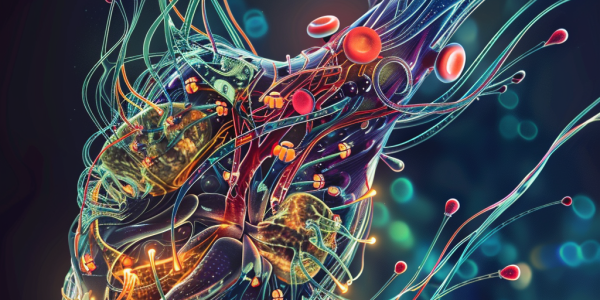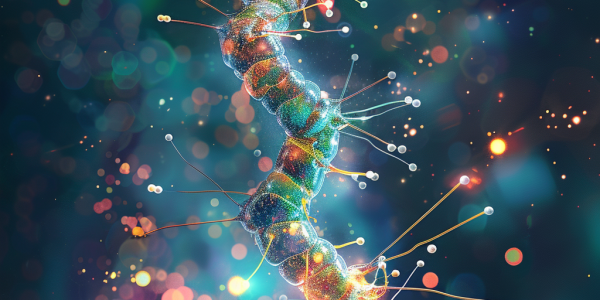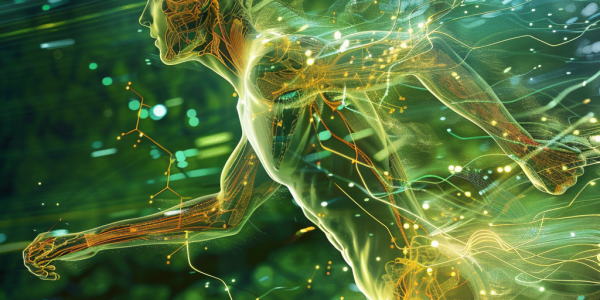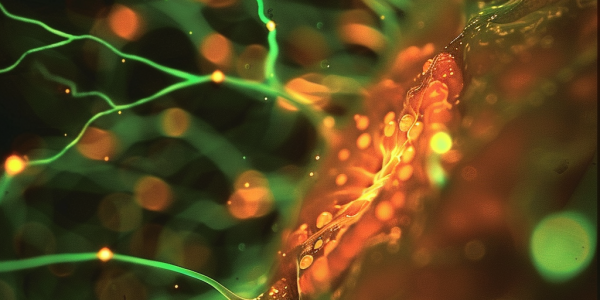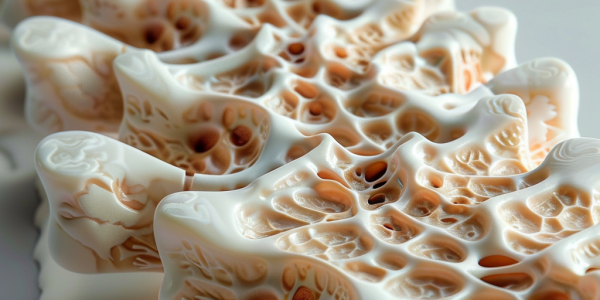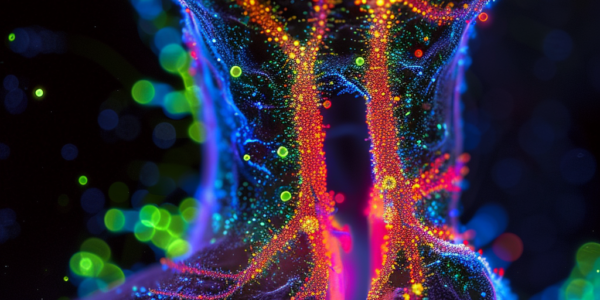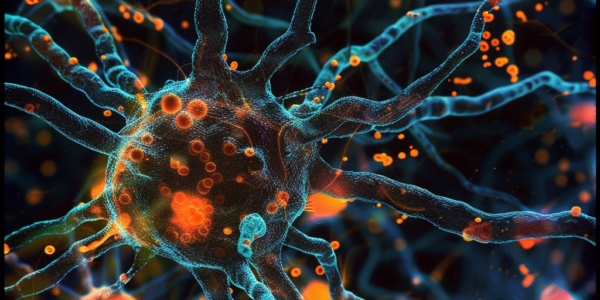Breakthrough Study Reveals Diversity in Zebrafish Intracardiac Nervous System
A groundbreaking study published in Nature Communications reveals significant insights into the intracardiac nervous system (IcNS) of zebrafish, highlighting its molecular, cellular, and functional diversity. This research enhances our understanding of the heart’s nervous system, crucial for cardiovascular health, and identifies diverse neuronal types that play a vital role in cardiac rhythm regulation. These findings open new avenues for future research and potential therapeutic approaches for heart conditions.
UCLA Researchers Uncover Netrin1’s Critical Role in Spinal Cord Development
UCLA researchers have uncovered a groundbreaking role for the protein netrin1 in spinal cord development, revealing its function as a crucial regulator of bone morphogenetic protein (BMP) signaling. This discovery not only enhances our understanding of neural development but also opens new avenues for innovative therapies aimed at spinal cord injury repair and regeneration. Published in Cell Reports, this study highlights netrin1’s dual role in guiding nerve fiber growth and maintaining BMP signaling boundaries, which is vital for proper sensory neuron formation.
MIT Study Reveals Exercise Boosts Neuron Growth and Nerve Repair
MIT’s groundbreaking research reveals that exercise not only strengthens muscles but also promotes the growth of neurons, highlighting the dual role of biochemical signals and mechanical dynamics in nerve repair. This study opens new avenues for therapies targeting nerve injuries and neurodegenerative diseases, showcasing the profound benefits of physical activity on neurological health.
Research Links Swallowing Mechanism to Binge Eating
Recent research from the University of Bonn reveals a crucial link between swallowing and overeating, suggesting that the act of swallowing may drive our desire to eat more by releasing serotonin, the ‘feel-good’ hormone. This study, which utilized fruit fly larvae to explore eating behaviors, highlights the importance of both physiological and psychological factors in managing eating habits and addressing issues like binge eating and anorexia. Understanding these mechanisms could lead to innovative strategies for promoting healthier eating patterns.
New Neuron Discovery Offers Potential Treatments for Diabetic Retinopathy and Stroke
Groundbreaking discovery reveals new type of neuron in the eye that guides the formation of blood vessel networks, potentially leading to new treatments for diabetic retinopathy and stroke. Study by UC San Francisco researchers uncovers how retinal neurons interact with blood vessels to create essential 3-D structures, offering hope for future therapies addressing impaired blood flow in the eyes and brain.
The Link Between Exercise, Muscle Function, and Brain Health
Discover the significant link between exercise, muscle function, and brain health in a recent study. Learn how neurons influence muscle secretions, the impact of glutamate on muscle activation, and the implications for aging and neuromuscular health. Find out how exercise-induced muscle secretions enhance brain function and the importance of maintaining the brain-nerve-muscle loop for overall well-being.
Study Reveals Link Between Spinal Cord Injuries and Metabolic Disruptions
Researchers from Ohio State University College of Medicine have discovered a potential link between spinal cord injuries and metabolic disorders. The study identified a drug called gabapentin that mitigates harmful metabolic effects post-injury. Senior author Andrea Tedeschi, PhD, emphasized the importance of the findings in understanding the connection between sensory neurons and metabolic disruptions in individuals with spinal cord injuries.
Lung-Brain Communication in Sickness Response
Groundbreaking research reveals direct communication between lungs and brain during infection, challenging traditional understanding of sickness response. Study in mice shows neurons in lungs alert brain about infections, leading to symptoms through nervous system activation. Gender differences in sickness behavior observed, shedding light on potential gender disparities in illness experiences. University of Calgary researchers emphasize significance of findings for treatment of respiratory infections and chronic lung conditions.
Study Shows Microglia Play Crucial Role in Brain’s Recovery from Anesthesia
Recent study by Mayo Clinic reveals the crucial role of microglia in aiding the brain’s recovery from anesthesia, offering potential for innovative treatments for anesthesia-related complications. Microglia engage with neurons and inhibitory synapses to mitigate the aftereffects of anesthesia, enhancing neuronal activity for brain awakening. Understanding the pivotal role of microglia in aiding the brain’s awakening process post-anesthesia opens new possibilities for managing and mitigating the adverse effects of sedation.
Global Burden of Neurological Conditions Revealed in Recent Lancet Study
A recent study by The Lancet Neurology reveals that over 1 in 3 people worldwide are affected by neurological conditions, making it the leading cause of illness and disability globally. The World Health Organization highlights the significant impact on global health, emphasizing the urgent need for targeted interventions to improve access to quality care, treatment, and rehabilitation. The study identifies the top ten neurological conditions contributing to health loss, underscoring the need for comprehensive strategies to address the growing impact on global health.

